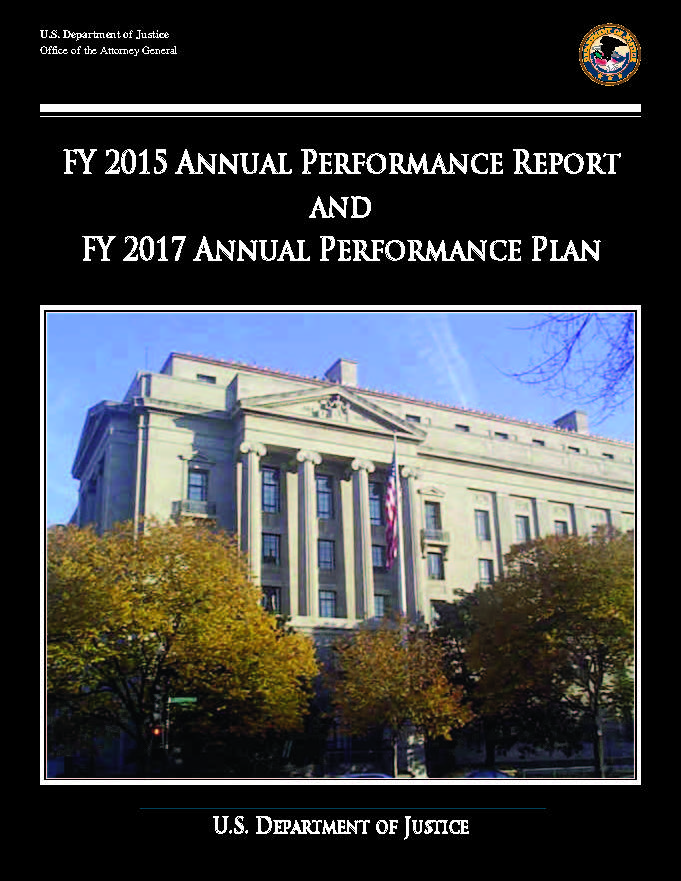- Home
- Agencies
- Department of Agriculture
- Department of Housing and Urban Development
- General Services Administration
- Department of Commerce
- Department of the Interior
- National Aeronautics and Space Administration
- Department of Defense
- Department of Justice
- National Science Foundation
- Department of Education
- Department of Labor
- Office of Personnel Management
- Department of Energy
- Department of State
- Small Business Administration
- Environmental Protection Agency
- Department of Transportation
- Social Security Administration
- Department of Health and Human Services
- Department of the Treasury
- U.S. Agency for International Development
- Department of Homeland Security
- Department of Veterans Affairs
- Goals
- Initiatives
- Programs
Primary tabs
Key to Changes
This text is Revised text
This word has been added to the text
This text is Last Published text
This word has been removed from the text
Modifed styling with no visual changes
Strategic Objective
Promote and strengthen relationships and strategies for the administration of justice
Strategic Objective
Overview
Preventing and controlling crime is critical to ensure the strength and vitality of democratic principles, the rule of law, and the fair administration of justice. Domestically, since state and local law enforcement are responsible for most crime control, prevention, and response in the United States, the Federal Government is most effective in these areas when it develops and maintains partnerships with the officers and officials who work in the Nation’s states, cities, and neighborhoods. By partnering with key stakeholders at the state and local levels, the Department is able to build a cohesive and comprehensive body of knowledge on issues from innovative programs for inmates to the apprehension of fugitives and other criminal elements. By also forging state, local, and tribal partnerships among police, prosecutors, victim advocates, health care providers, and others, the Department’s grant and knowledge-sharing programs provide victims with the protection and services they need to pursue safe and healthy lives, while simultaneously empowering communities and local law enforcement to hold offenders accountable and implement effective crime prevention strategies.
Crimes committed in the United States often have ties to networks or operations in other countries. To address these threats, the Department is committed to expanding the scope and depth of international partnerships by enhancing collaboration; helping to establish rule of law through international treaties and training and assistance; and using international working groups to foster communication to enhance investigations, intelligence sharing, and threat awareness.
Overall, the Department will continue to ensure that law enforcement at every level, domestic and international, is engaged in the fair, impartial, efficient, and transparent administration of justice.
Read Less...Progress Update
Strategic Objective Review Summary of Findings: On track and making satisfactory progress
To curb the growth of gangs and related criminal activity, the Department’s National Gang Intelligence Center (NGIC) integrates gang intelligence from across federal, state, and local law enforcement to curb the growth of gangs and related criminal activity. With a 1.3 percent increase in online queries, NGIC has progressed towards meeting its target for evidence-based programs. Some grantees have embraced evidence-based policing to combat crime by conducting data-driven, problem-led, place-based policing activities using a crime-based plan. Evidence-based Hot Spot Policing is used, along with social services agencies, to increase situational prevention strategies involving environmental adaptations for quality of life concerns. The National Integrated Ballistic Information Network (NIBIN), managed by ATF, provides law enforcement with automated ballistic imaging technology for the purpose of identifying, targeting, and prosecuting shooters and the individuals and criminal organizations that supply firearms for use in criminal activity. ATF also introduced Mobile BATS, for agents and officers to enter investigative information quicker while on the scene.
Legal advisors with DOJ’s Office of Overseas Prosecutorial Development, Assistance and Training (DOJ-OPDAT) conducted over 800 programs and trainings with criminal justice system counterparts from 89 countries, while law enforcement advisors with the International Criminal Investigative Training Assistance Program (DOJ-ICITAP) law enforcement advisors conducted more than a 1,000 training events with security and law enforcement counterparts in 35 countries, designed to build capacity, improve international cooperation, and establish long-term relationships with partner nations. DOJ provided international assistance in criminal matters to U.S. and foreign investigators, prosecutors, and judicial authorities with respect to international extradition of fugitives and evidence gathering, and ensured that the United States met its reciprocal obligations. Partner nations continue to request capacity building from the Department.
To build trust across communities and the criminal justice system, particularly law enforcement, the Department began a multi-year, multifaceted national initiative. This initiative has made technical assistance available to communities and law enforcement agencies through the Department’s Diagnostic Center. To further support the Administration’s efforts to bridge communities and law enforcement, in FY 2015, COPS became the administrative arm for the White House Task Force on 21st Century Policing. The Department also announced OJP’s comprehensive Body-Worn Cameras Program to assist law enforcement with a strategy to improve public safety and build trust with the communities they serve.
While this strategic objective remains on track, the Department is challenged by a lack of support from partnering countries with competing priorities; changing and differing state marijuana and firearms laws that affect the Department’s ability to effectively develop uniform strategies with local partners and agencies; and strained community relations and negative perceptions of law enforcement. To address one of the top priorities of the Administration, the Department will continue its efforts to restore community trust in law enforcement, by implementing the recommendations of the President’s 21st Century Policing Task Force and continuing to develop cultural awareness trainings. The Department has also determined how to better leverage agents in the field to deal with resource constraints, and to develop partnerships to better push intelligence products in the field.








